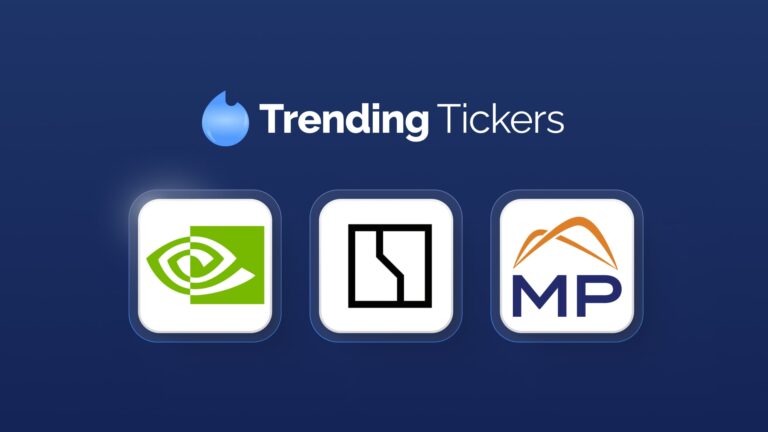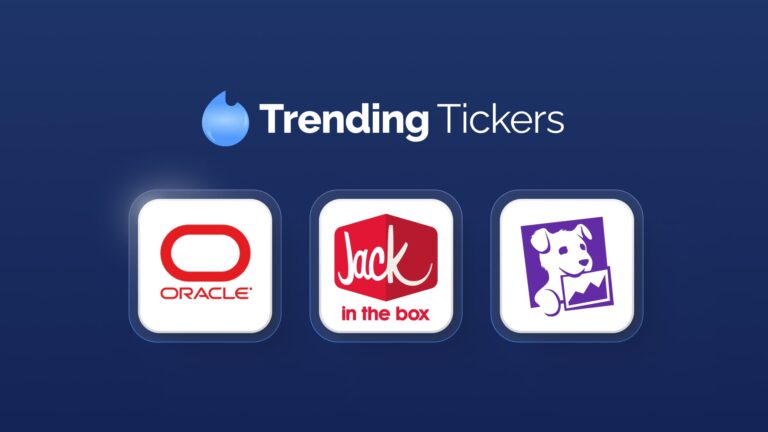I penned a piece for Forbes about one of my pet peeves in investing: rampant misunderstanding about the “dilutive” effects of share issuances and “accretive” effects of buybacks.

Everyone from journalists to Wall Street analysts seems to commit this error. Certainly, some understand it correctly (NYU professor Aswath Damodaran has been teaching this properly for decades), but the wrong view is so prevalent that there’s almost an ironic logic to staying misinformed about it because the misinformed masses can move stock prices.
Share Issuances: Illusory Dilution
But you’re a BBAE blog reader. You want to know the truth.
Here it is: If a company issues shares, it’s not automatically dilutive to its investors. Yes, more shares will be outstanding. Yes, more shares outstanding will be dilutive to near-term earnings per share (EPS), because whatever earnings are incoming will be spread over more shares, but EPS dilution is not shareholder value dilution – and value dilution is what matters.
The reason is cash. The “dilution!” crowd forgets (or never considers) that companies issue shares to sell at fair market value. Companies – and, indirectly, their shareholders – receive cash from selling the new shares. If fair market value matches your estimate of the company’s intrinsic value, issuing shares is a neutral move: Sell a share worth $100, receive $100. If their values are equal, you’d be indifferent to which one you hold in your hand.
In practice, it’s probably a slightly negative move due to frictions – investment banking fees, plus management’s time and mental energy, plus whatever stock price ding happens due to market misunderstanding.

(And to split hairs, it’s not all market misunderstanding. Shares may be fairly valued in the sense of reflecting the worth of in situ assets and cash flows, but the market may doubt the company’s access to growth opportunities that match, let alone exceed, its current returns on capital. In simpler terms, investors may worry that the company may bungle the newly raised cash.)
What if your own estimate of the company’s intrinsic value differs from market price?
If you just bought the stock, for example, it should.
Buying a stock is an act of arrogance: You, a “little guy” investor, know its fair value better than a consortium (i.e., consensus) of intelligent and highly informed investors.
Are Markets Efficient? Mostly, but not Entirely
Incidentally, for decades, the academic consensus was that this was impossible – that nobody could beat the market except by either knowingly or unknowingly taking on more risk. Woe unto he or she who tried to publish a paper to the contrary.
Academics have relaxed on this recently (if you want to study cognitive bias, academia would be a good place to start – it’s reasonable and logical that the referees, reviewers, and editors of academic journals are thought leaders and may have even established the current dogma, but that also means they’re so emotionally and reputationally invested in the current dogma that it’s hard for contrary-to-dogma findings to get published).
But one study, believed to be using Charles Schwab data, found that only 10% of investors habitually beat the market, so market beating happens, but that “intelligent consensus” is still mostly right.
I digress. I love to digress.
Anyway, if you just bought the stock because you believe it’s undervalued, then you don’t want the company to sell new shares of itself to the market at the “undervalued” (in your mind) market price, because that price is shortchanging shareholders.
This would be a bit like (though not entirely like) seeing the company selling a random asset like, say, a used truck for, pretend, $80,000 when you believed it could fetch $100,000.
Conversely, if we’re talking about GameStop or Bed Bath & Beyond or AMC or some other meme stock at the height of the meme stock bubble, you as an investor probably want that company to sell equity at inflated prices because it’s like getting $400,000 or $500,000 or $1,000,000 or whatever obscene amount for that $100,000-ish truck.
Of course, I’m speaking with hindsight bias and from the perspective of a value investor. Someone who actually bought a meme stock at a high multiple presumably did so because he or she fancied it as being worth even more. So it’s all subjective.
But the brass-tacks point is that selling more shares does not axiomatically mean dilution. It probably doesn’t, on average, if prices are fair. If prices are subjectively cheap, a share issuance is a bit dilutive. If prices are subjectively expensive, a share issuance is a bit accretive.
If you understand this, then you already understand buybacks (share repurchases), which are just the inverse of this process: A company paying fair value to buy back its shares is just spinning its wheels. At least conceptually. In practice, the fees and mental energy would be a negative, but the market often takes buybacks as a positive signal, so buybacks may be a little “better” at the margin, whether deserved or not.
Warren Buffett’s Buyback, Explained
A company whose shares are overpriced has no business buying them back – though this definitely happens; I seem to recall a study showing that buybacks tend to happen when companies are flush with cash after periods of good performance, which is also when stock prices tend to be highest – whereas if you’re Warren Buffett and Charlie Munger running Berkshire Hathaway in recent years, you’ve looked around and seen a lot of companies at bubbly prices and yours at what seems like a discount, so you decide that buying back your own shares is the best investment at hand for shareholders.
Buybacks can be gamed: A company may buy back shares to mask or distract from share issuances to satisfy dilutive management stock options exercising (I’ll get to this), or in the nefarious case a management team is rewarded by gains in EPS (hint: not a good compensation metric), it may buy back shares to lower the denominator. This helps management pay, but probably not shareholder value.
Real Dilution
One bona-fide case of actual dilution is when company managers or employees exercise “internal” options (not the publicly traded kind you buy through a platform like BBAE) for less than the current stock price, which is the only time they’d want to exercise them.
This dilution arises when employees – typically senior managers, but it depends on the company – are awarded options to buy the stock at the market price at the time of the award. They usually can’t exercise them immediately (and again, wouldn’t have a reason to if the strike price matches the market price). As an example, a senior manager might be given options to buy her company’s stock for $100 per share (the market price at the time she joined). A quarter of these options might vest immediately, and the remaining ¾ might vest in installments over the remaining three years.
Pretend that, say, four and a half years later, the stock price is now $312. Things have gone well. That manager happily gives the company $100 and receives a $312 share in return, diluting current owners by $212 for every share she buys.
(And the manager would invariably claim that that $312 stock price wouldn’t have been reached without her help, and without her being motivated by these stock option awards, so the dilution is a fair and reasonable expense for shareholders to pay.)
This is true dilution and, ironically, you’ll infrequently read about it in a media article or see an analyst talking about it, perhaps because it’s an in-the-weeds event that requires digging to unearth.
Anyway, that’s objective dilution, subjective dilution, and illusory dilution in a nutshell.
James
p.s. I’ll try for a selfie next time but I love to travel with my BBAE Pro shirt! I had to go out west recently and took a weekend in the mountains (I love mountains even more than I love digressing). My ultralight four-season tarp – not not really four-season – which I was using as a floorless tent, got blown over, so I made an ignominious retreat, but any time in the mountains is a great time for me.
And speaking of mountains, investing may feel like a big mountain to climb – it certainly has for me in the past. That’s why we’re working hard at BBAE to build out tools and content and features to make your investing journey as smooth, straightforward, and non-ignominious as possible. Check out an account via this link.


Neither James nor BBAE has any position in any securities mentioned in this article. No tarp tents were harmed in its creation.













